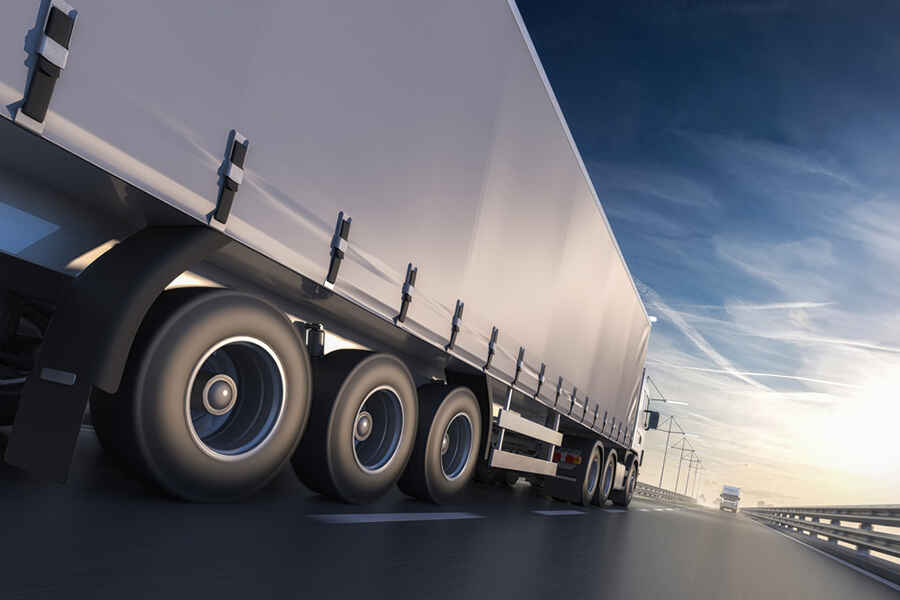How Commercial Trucking Insurance Minimizes Risks on the Road
Commercial trucking is a vital industry that facilitates the transportation of goods across the country, contributing to economic growth and prosperity. However, operating large trucks on the road comes with inherent risks, including accidents, cargo damage, and liability claims.

Commercial trucking insurance plays a crucial role in mitigating these risks and protecting trucking companies, drivers, and cargo. In this blog, we'll explore how commercial trucking insurance minimizes risks on the road and provides peace of mind to stakeholders in the industry.
Liability Coverage:
One of the primary functions of commercial trucking insurance is to provide liability coverage in the event of accidents or incidents involving trucks. Liability coverage protects trucking companies and drivers from financial losses associated with bodily injury or property damage to third parties, including other motorists, pedestrians, and property owners. By covering legal expenses, medical bills, and property damage costs, liability insurance helps mitigate the financial risks of operating commercial trucks on the road.
Cargo Insurance:
Cargo insurance is another essential component of commercial trucking insurance that protects the value of goods being transported in trucks. Cargo insurance provides coverage for loss or damage to cargo caused by accidents, theft, vandalism, or other covered perils during transit. With cargo insurance in place, trucking companies can safeguard their cargo against unforeseen events and ensure that their customers' goods are protected throughout the transportation process.
Physical Damage Coverage:
Commercial trucking insurance typically includes physical damage coverage, which protects trucks and trailers against damage caused by accidents, collisions, fire, theft, or vandalism. Physical damage coverage may include collision coverage, which pays for repairs or replacement of the truck or trailer in the event of a collision with another vehicle or object, and comprehensive coverage, which covers damage from non-collision incidents such as fire, theft, or weather-related events. Physical damage coverage helps trucking companies minimize the financial impact of repairing or replacing damaged vehicles and equipment.
Medical Payments Coverage:
In the event of an accident, medical payments coverage provides reimbursement for medical expenses incurred by truck drivers and passengers for injuries sustained in the accident, regardless of fault. Medical payments coverage helps ensure that truck drivers receive prompt medical care and treatment for injuries, reducing the financial burden on drivers and their families. By covering medical expenses up to the policy limit, medical payments coverage provides essential protection and peace of mind to trucking industry professionals.
Regulatory Compliance:
Commercial trucking insurance helps trucking companies maintain compliance with state and federal regulations governing the trucking industry. Most states require trucking companies to carry a minimum level of insurance coverage to operate legally on the road. By maintaining adequate insurance coverage, trucking companies demonstrate financial responsibility and compliance with regulatory requirements, avoiding penalties, fines, and potential legal consequences for non-compliance.
Final Words
Commercial trucking insurance is a critical risk management tool that helps minimize risks on the road and protect the interests of trucking companies, drivers, and cargo owners. From liability coverage and cargo insurance to physical damage coverage and medical payments coverage, commercial trucking insurance provides comprehensive protection against the financial consequences of accidents, injuries, and property damage. By investing in commercial trucking insurance, trucking companies can safeguard their assets, mitigate liability risks, and ensure the continuity of their operations in an industry that is essential to the movement of goods and commerce across the country.
Image credit: Depositphotos